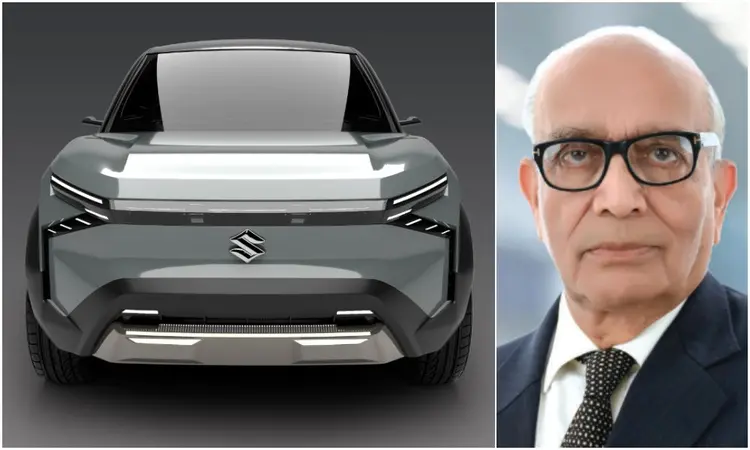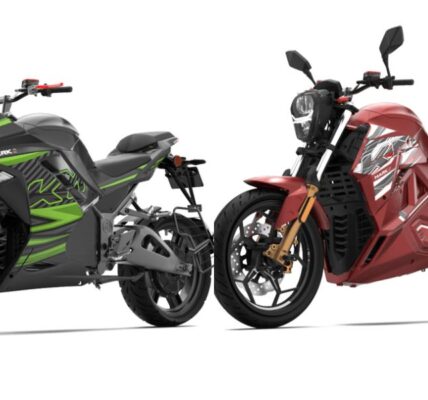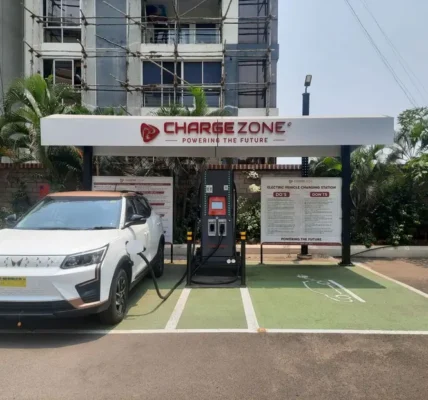India’s biggest carmaker may be approaching the rapidly evolving electric vehicle (EV) sector slowly and cautiously, but that won’t necessarily hurt its market prospects, as per a top executive. Maruti Suzuki chairman RC Bhargava said that while the company hasn’t been able to keep up with rivals when it comes to launching EVs in India, that cannot influence its ability to catch up and wrest away market share from the first movers in the EV segment in the future.
“Yes, we are behind some companies in launching EVs, but that doesn’t mean we are late. We’re coming in FY 24-25; that has not, in any way, damaged our ability to secure market share. We have carefully assessed the environment for EVs in India”, Bhargava told shareholders during the company’s 42nd annual general meeting.
The carmaker has previously confirmed it intends to launch six EVs by 2031, but there is concern among shareholders that other firms may outpace Maruti’s EV rollout. Tata Motors, which is currently the market leader in EVs, has confirmed it will have 10 EVs in its line-up by 2026, while Hyundai has committed to launching six EVs by 2028.
At present, Maruti Suzuki has no pure electric vehicles in its portfolio. It was only at the start of 2023 that Maruti showcased its first battery-powered offering in the form of the EVX concept. It is the production-spec EVX that Maruti will begin its EV journey with, with the debut expected to take place late in 2024.
Maruti Suzuki has previously announced it will invest around 150 billion yen (about Rs 10,445 crore) by 2026, for local manufacturing of EVs and the batteries that will power them, in Gujarat. The company’s wholly-owned arm Suzuki Motor Gujarat (SMG) will invest Rs 7,300 crore for the construction of a plant for EV batteries that will be located right next to SMG’s existing plant, by 2026. SMG will also pour in another Rs 3,100 crore for ramping up EV manufacturing capacity by 2025.
Bhargava noted that Suzuki’s global alliance with Toyota means Maruti has access to all kinds of alternative fuel technologies, including electrification and hydrogen powertrain tech. Maruti aims to increase its production capacity by a further 2 million units by 2031, which will entail an investment of Rs 45,000 crore.







